When planning to bring your foreign spouse to the U.S. through marriage-based immigration, one important decision is whether to marry inside the U.S. or abroad. While the outcome of the marriage-based immigration process will be the same — the ability for your spouse to immigrate — the location of the marriage can influence the steps, timeline, and overall complexity of the process.
Marrying in the U.S.
For couples who are already in the U.S. or prefer to marry within the country, the process of applying for a green card after marriage is relatively straightforward. Here’s what you should consider:
i. Spouse Visa (IR-1/CR-1):
-
- Marriage Requirements: The foreign national can travel to the U.S. on a tourist visa or under the visa waiver program (if they’re from a country that participates in the visa waiver program). Once in the U.S., you can marry in any U.S. state, provided you meet the state’s legal requirements for marriage. Once married, the U.S. citizen spouse can file a Form I-130 (Petition for Alien Relative) on behalf of the foreign spouse to begin the immigration process.
- Leaving the U.S. in time: The non-U.S. citizen must leave the country before their legal status expires and wait in their home country.
- NVC Processing: Once USCIS has approved the Immigrant Petition the case is then forwarded to the National Visa Center (NVC). The NVC will assign a case number and you will need to fill out an application and submit supporting documents, such as financial documents, proving your ability to support your spouse once they enter the country, and others.
- Consular Interview: The next step includes your spouse attending an interview at the U.S. embassy or consulate in their home country, where the consular officer will review the submitted documents, ask questions to verify the validity of your marriage and collect biometric information.
- Visa Approval: If all goes well and the visa application is approved your spouse will receive their immigrant visa, under which they can travel to the U.S. and be admitted as a Permanent Resident, receiving their green card shortly after.
ii. Adjustment of Status:
-
- Marriage Requirements: You can marry in any U.S. state, provided you meet the state’s legal requirements for marriage. Once married, the U.S. citizen spouse can file a Form I-130(Petition for Alien Relative) on behalf of the foreign spouse to begin the immigration process.
- Concurrent Filing: If the foreign spouse is already in the U.S. under legal status (i.e., on a student or work visa), you can file for Adjustment of Status by filing Form I-485 (Application to Register Permanent Residence or Adjust Status) concurrently with your I-130 petition, or directly after it, allowing the foreign spouse to stay in the U.S. while their petition is pending. You will also need to submit supporting documents, proving the validity of your marriage, your ability to financially support your foreign spouse, etc.
- USCIS Interview: While your petition is pending you will need to attend an appointment with a USCIS officer to collect your biometrics and another one in a few months’ time to complete the interview with an immigration officer.
- Petition Approval: After your petition is approved you will receive a green card, granting you Lawful Permanent Resident status.
Marrying Abroad
If you marry abroad, the process changes slightly because the foreign spouse will need to go through consular processing before coming to the U.S. Here’s what to consider if you choose this path:
- Marriage Requirements: The marriage takes place in the foreign national’s home country or any other country outside the U.S. Once married, the U.S. citizen spouse can file a Form I-130 (Petition for Alien Relative) with USCIS on behalf of the foreign spouse to begin the immigration process.
- Waiting in home country: The non-U.S. citizen must wait in their home country for the petition to be approved.
- NVC Processing: Once USCIS has approved the Immigrant Petition the case is then forwarded to the National Visa Center (NVC). The NVC will assign a case number and you will need to fill out an application and submit supporting documents, such as financial documents, proving your ability to support your spouse once they enter the country, and others.
- Consular Interview: The next step includes your spouse attending an interview at the U.S. embassy or consulate in their home country, where the consular officer will review the submitted documents, ask questions to verify the validity of your marriage and collect biometric information.
- Visa Approval: If all goes well and the visa application is approved your spouse will receive their immigrant visa, under which they can travel to the U.S. and be admitted as a Permanent Resident, receiving their green card shortly after.
Which Is Better?
The decision between marrying in the U.S. or abroad depends on your unique situation:
- Already in the U.S.: If the foreign partner is already in the U.S. (e.g., on a tourist visa or other legal status), it may be easier to marry in the U.S. and then either apply for a spouse visa or for adjustment of status depending on the specifics of your situation.
- Living Abroad: If you and your partner live in separate countries or wish to marry in their home country, marrying abroad is often the more practical choice. The process is the same – the foreign spouse will be able to enter the U.S. as a permanent resident once their visa is approved.
Why Work with an Experienced Immigration Attorney?
Ultimately, whether you marry in the U.S. or abroad, both options can lead to successful marriage-based immigration. If you are already in the U.S. or can afford to adjust status here, marrying in the U.S. may offer convenience. However, if you live abroad, marrying in your spouse’s home country is a natural choice, despite the longer processing time. To navigate the process smoothly, it’s always wise to consult with an immigration attorney who can advise you based on your specific circumstances. Contact us today to get expert guidance on your marriage-based immigration journey.








